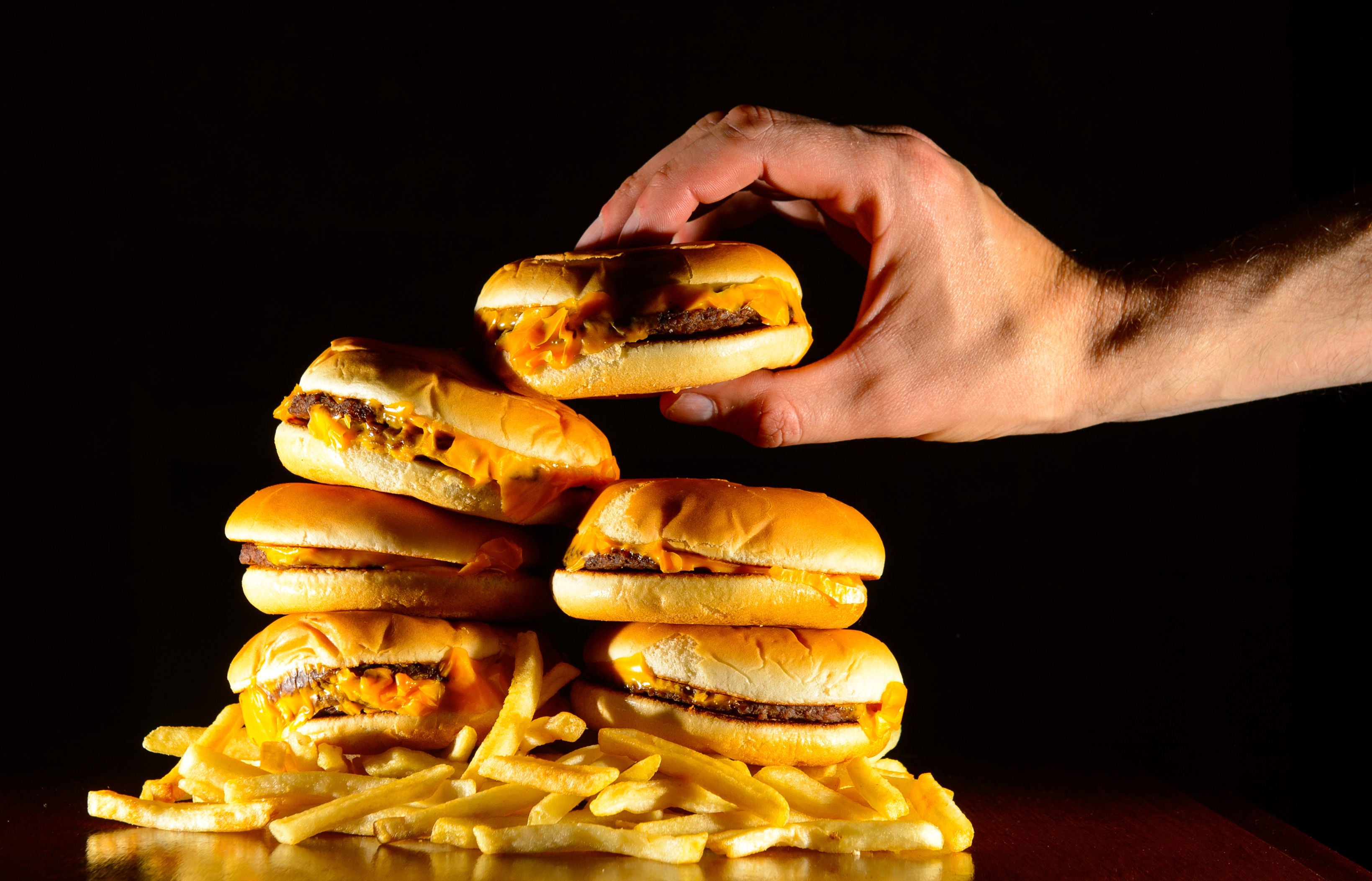Calls for tobacco-style warning signs to be put on certain foods
Both tobacco and UPFs cause numerous serious illnesses and premature deaths

Ultra-processed foods (UPFs), such as ready meals, fizzy drinks, ice-cream and processed meats, should come with health warnings like those on cigarettes, an expert has said.
They should also be heavily taxed, with the revenue used to subsidise fresh produce, a scientist has suggested.
It comes amid calls that adverts for UPFs should be banned.
UPFs tend to be higher in fat, saturated fat and sugar, while lower in fibre, protein and micronutrients.
Professor Carlos Monteiro, of the University of Sao Paulo, will discuss the hazard they present to global health at the International Congress on Obesity in Sao Paulo, Brazil.
He will call for adverts for UPFs to be banned or heavily restricted, as well as products being heavily taxed.
“Sales of UPFs in schools and health facilities should be banned, and there should be heavy taxation of UPFs with the revenue generated used to subsidise fresh foods,” he said.
Prof Monteiro also suggests that public health campaigns to raise awareness of the dangers of eating too many UPFs should be done in similar vein to tobacco.
“Both tobacco and UPFs cause numerous serious illnesses and premature mortality; both are produced by transnational corporations that invest the enormous profits they obtain with their attractive/addictive products in aggressive marketing strategies, and in lobbying against regulation; and both are pathogenic (dangerous) by design, so reformulation is not a solution,” he added.

However, medics argued that comparing UPFs to tobacco or cigarettes is “very simplistic”.
Dr Hilda Mulrooney, reader in nutrition and health at London Metropolitan University, said: “Taxes on sugar sweetened beverages in the UK have been shown to be successful in driving reformulation and changes in consumer behaviour, far more so than voluntary guidance to reduce sugar content of children’s foods for example.
“But treating food like tobacco is very simplistic. There is no such thing as a safe cigarette, even second-hand, so banning them is relatively straightforward in that the health case is very clear.
“However, we need a range of nutrients including fat, sugar and salt, and they have multiple functions in foods – structural, shelf-life – not just taste and flavour and hedonic properties.
“It is not as easy to reformulate some classes of foods to reduce them and they are not the same as tobacco because we need food – just not in the quantities most of us are consuming.”
Dr Duane Mellor, dietitian and spokesperson for British Dietetic Association, who is an honorary academic fellow at Aston University, added “it is not straightforward to draw parallels between the food industry and tobacco industry, as food is essential to life, tobacco is not”.
“Also, to have a safe food supply in cities our modern society needs some processing to prevent food from becoming contaminated and spoiling which might result in illness which include diseases like pathogenic strains E.coli which there has been a recent outbreak of in the UK.”
Prof Monteiro’s work led to the creation of the Nova food classification system, which categories food and drink into four groups: minimally processed food, processed culinary ingredients, processed food and ultra-processed food.
Dr Mellor also highlighted that the Nova classification system is open to interpretation.
“Countries do need to work harder to support healthier diets in their populations, but we need suitable and objective ways of doing this – currently the Nova ultra-processed foods classifications is open to subjective interpretation, and a simple way to quantify the degree of ultra-processing a food might making it harder to effectively regulate,” he added.
Bookmark popover
Removed from bookmarks